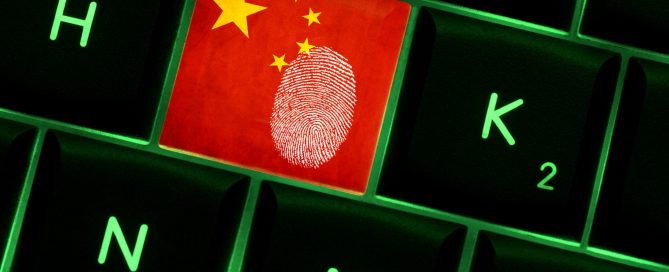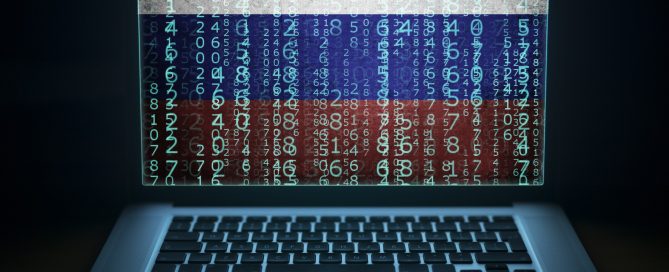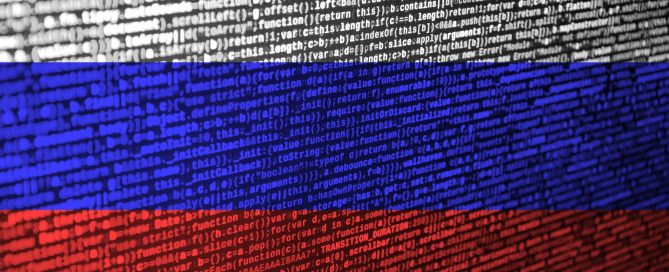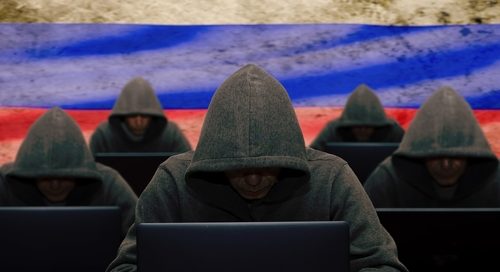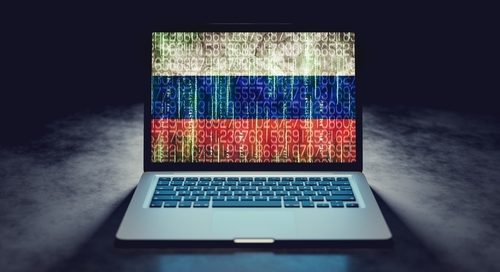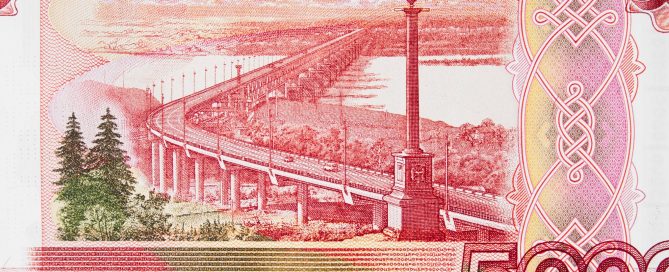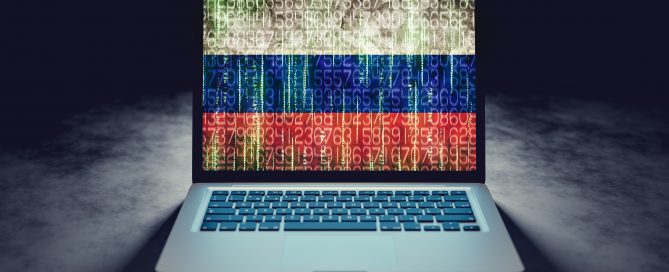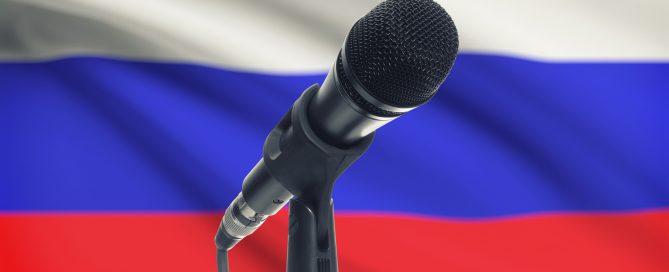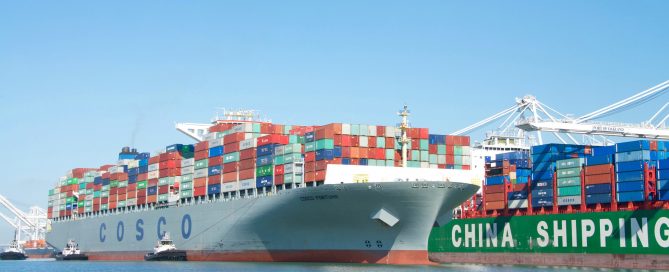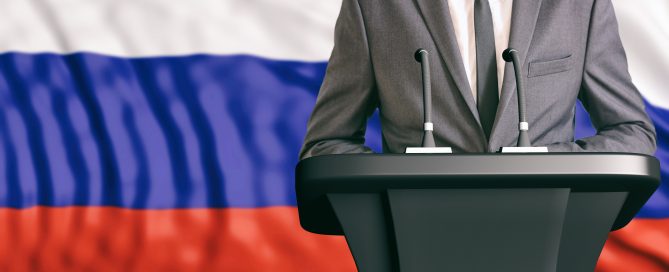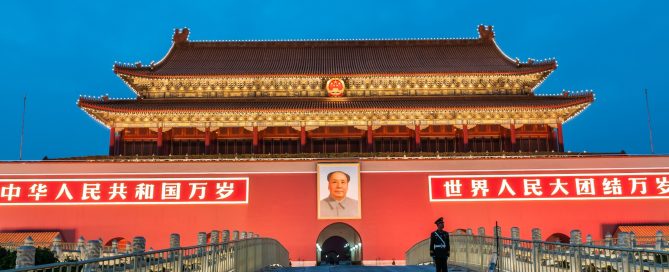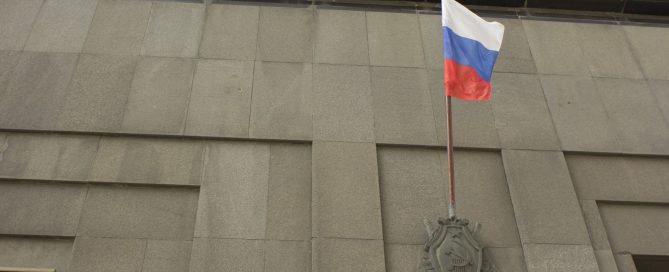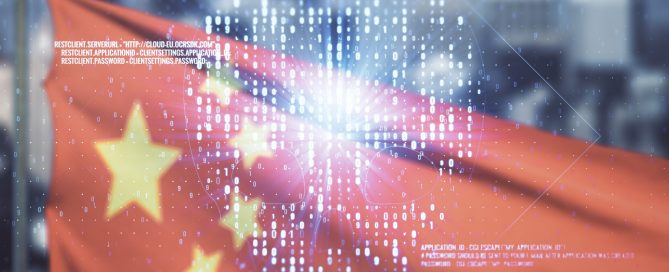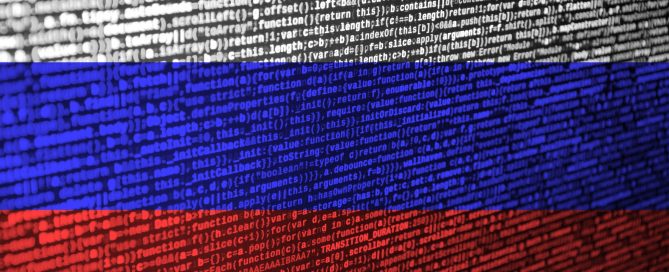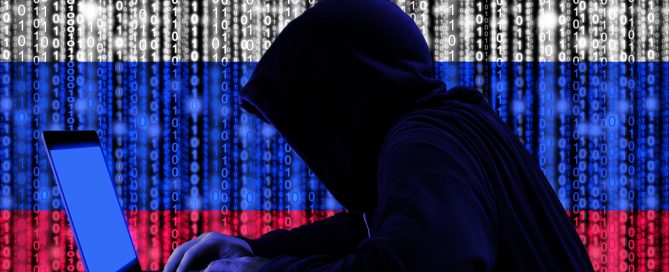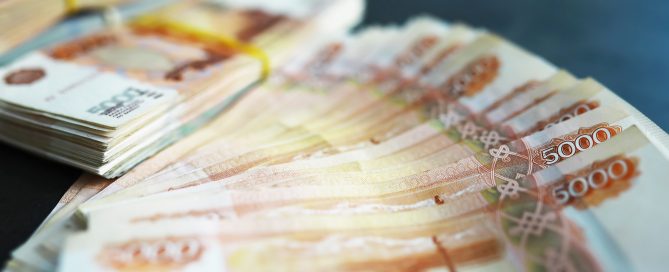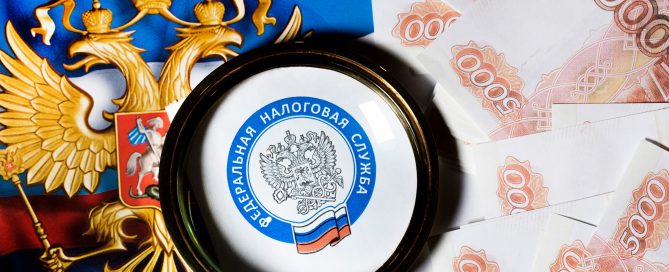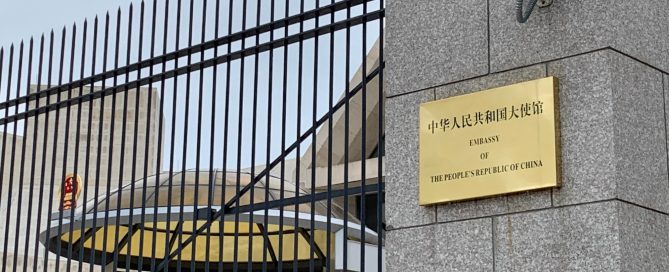The Authoritarian Interference Tracker catalogues the Russian and Chinese governments’ activities to undermine democracy in more than 40 transatlantic countries since 2000 using six tools: information manipulation, cyber operations, malign finance, civil society subversion, economic coercion, and kinetic operations. The Tracker shines a light on the tactics and trends that define the Russian and Chinese governments’ interference efforts, and highlights the interconnectivity between different parts of the asymmetric toolkit. See below for definitions of these tools and an explanation of the methodology for including cases in the Tracker.
Efforts by the Russian and Chinese governments to undermine democracy are not restricted to the transatlantic community. For example, China is particularly active in interfering in democracies in the Asia-Pacific region. Forthcoming iterations of the Tracker will expand to regions beyond North America and Europe, as well as add instances of authoritarian interference by other regimes that adopt similar tactics to undermine democracies.
Explore All Incidents on the Tracker
Tool Type
- Cyber Operations
- Kinetic Operations
- Information Manipulation
- Malign Finance
- Economic Coercion
About the Tracker
Russia
The Russian Federation’s interference in the 2016 U.S. presidential election, following years of attempts to undermine democracies across Europe, was the impetus that led to the creation of ASD. Since President Vladimir Putin came to office more than twenty years ago, the Russian government and its proxies have mobilized the resources and powers of the state to undermine democracies in the transatlantic space. These operations draw on tactics first sharpened during the Cold War, when the Soviet Union used so-called “active measures” to exploit divisions in American and other democratic societies. In their modern incarnation, Russia’s interference activities have exploited vulnerabilities in the information ecosystem, cyberspace, and the global financial system, and used the openness and transparency of democratic societies against both sides of the Atlantic.
China
Since Xi Jinping assumed chairmanship, the Chinese Communist Party has been tightening its grip on all aspects of Chinese society and has been increasingly using tactics honed domestically to project China’s power beyond its borders. Targeting democratic nations across the world, the Chinese government has orchestrated cyber-attacks against public and private institutions, opaquely funneled financial resources to those willing to defend its interests, silenced its critics, and invested in a propaganda apparatus to “tell China’s story well” that regularly resorts to manipulated narratives and disinformation. With the often implied, but increasingly explicit threat of economic coercion, all these aspects of the Chinese state’s interference in democracies reinforce each other and are progressively constraining democracies’ ability to fight back and safeguard their values and autonomy.
Methodology
Explore the original Authoritarian Interference Tracker Dashboard.




